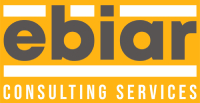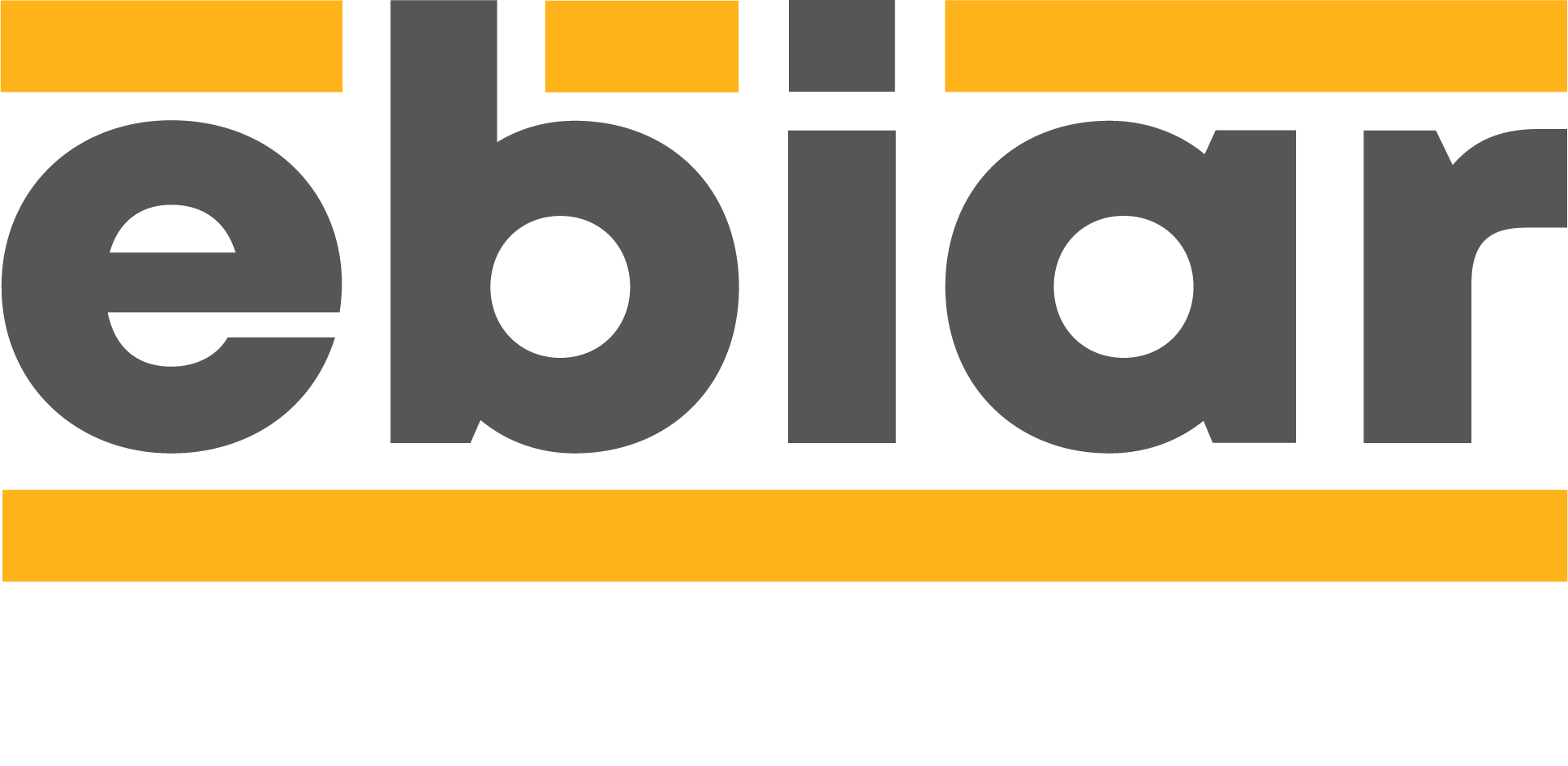Healthcare consulting companies play a critical role in elevating the quality of patient care within the healthcare industry. In this blog, we will explore how these specialized organizations contribute to improving patient outcomes. Firstly, we will define healthcare consulting companies and shed light on their purpose. Secondly, we will highlight the significance of patient care quality improvement, supported by relevant data and statistics. By understanding the unique expertise of these consulting firms and recognizing the importance of enhancing patient care, we can uncover the transformative impact they have on healthcare facilities and ultimately, the well-being of patients. Let’s delve into the world of healthcare consulting and its profound influence on patient care quality.
The Role of Healthcare Consulting Companies in Enhancing Patient Care Quality
Assessment, Planning, Optimization, and Monitoring
In the healthcare industry, the role of healthcare consulting companies is paramount in ensuring the delivery of high-quality patient care. These companies play a crucial part in evaluating current practices, strategizing and implementing improvements, optimizing processes, and monitoring quality measures. In this article, we will delve into the specific aspects of how healthcare consulting companies enhance the quality of patient care.
Assessment and Analysis of Current Practices
One of the primary responsibilities of healthcare consulting companies is to conduct comprehensive evaluations of healthcare facilities. Through detailed assessments, they identify the strengths and weaknesses in patient care delivery. By analyzing various factors such as clinical protocols, operational workflows, and patient feedback, these companies can pinpoint areas that require improvement.
Strategic Planning and Implementation
Healthcare consulting companies excel in developing customized improvement plans. These plans are tailored to the unique needs and challenges of each healthcare facility. Collaborating closely with healthcare professionals, these companies devise strategies to enhance patient care quality. They work hand in hand with medical staff, administrators, and other stakeholders to execute changes effectively and efficiently.
Process Optimization
Streamlining workflows and operational processes is a key aspect of healthcare consulting. By identifying inefficiencies and bottlenecks, consulting companies can help healthcare facilities optimize their processes. This optimization leads to improved resource allocation, reduced wait times, enhanced patient flow, and overall operational efficiency. By implementing best practices and leveraging technology, healthcare consulting companies maximize the utilization of resources while minimizing waste.
Quality Measurement and Monitoring
Establishing key performance indicators (KPIs) is crucial for monitoring and improving patient care quality. Healthcare consulting companies work closely with healthcare facilities to develop relevant and measurable KPIs. These KPIs serve as benchmarks for assessing the effectiveness of interventions and identifying areas that need further improvement. Implementing data-driven monitoring systems enables healthcare professionals to track progress and make informed decisions based on real-time data.

Enhancing Patient Care Quality
Healthcare consulting companies play a pivotal role in enhancing patient care quality, focusing on various aspects that improve clinical outcomes, patient experience, operational efficiency, and regulatory compliance.
Improved Clinical Outcomes
One of the primary goals of healthcare consulting companies is to enhance clinical outcomes. By leveraging their expertise, these companies help healthcare facilities improve diagnostic accuracy and treatment effectiveness. Through meticulous assessment and analysis, they identify areas where improvements can be made, such as implementing advanced technologies and evidence-based practices. By doing so, healthcare professionals can make more accurate diagnoses, leading to timely and appropriate treatments that ultimately improve patient outcomes.
Additionally, healthcare consulting companies assist in minimizing medical errors and adverse events. They identify potential sources of errors and develop strategies to mitigate them. By implementing robust quality control measures, standardizing protocols, and fostering a culture of safety, these companies help healthcare facilities reduce the occurrence of medical errors and adverse events, thereby enhancing patient safety.
Enhanced Patient Experience
Patient-centered care is crucial in delivering high-quality healthcare services, and healthcare consulting companies recognize its importance. They work closely with healthcare professionals to implement patient-centered care approaches, which involve understanding and addressing patients’ unique needs, preferences, and values. This approach emphasizes effective communication, shared decision-making, and active involvement of patients in their care. By enhancing the patient experience, healthcare consulting companies help improve patient satisfaction, engagement, and overall well-being.
Increased Operational Efficiency
Healthcare consulting companies also focus on optimizing operational efficiency within healthcare facilities. They analyze current resource utilization and patient flow patterns to identify areas for improvement. By streamlining workflows, eliminating redundancies, and optimizing resource allocation, they help reduce wait times and enhance accessibility to care. These improvements not only enhance the patient experience but also increase overall operational efficiency, allowing healthcare facilities to serve more patients effectively.
Compliance with Regulatory Standards
Ensuring adherence to healthcare regulations and guidelines is essential for healthcare facilities. Healthcare consulting companies assist in developing and implementing strategies to meet regulatory standards. They conduct thorough audits, provide training on compliance protocols, and establish monitoring systems to ensure ongoing adherence. By mitigating legal and financial risks associated with non-compliance, these companies help healthcare facilities maintain a high level of quality care while avoiding penalties and reputational damage.

Challenges and Limitations in Healthcare Consulting Companies
While healthcare consulting companies play a crucial role in enhancing the quality of patient care, they also face certain challenges and limitations. Addressing these challenges is essential to ensure the successful implementation of improvement initiatives. This section discusses three common challenges: resistance to change, financial constraints, and cultural and organizational barriers.
Resistance to Change
One of the major challenges faced by healthcare consulting companies is resistance to change. Healthcare professionals and staff members may be hesitant to adopt new practices or modify existing ones due to various reasons. They might be accustomed to traditional methods or fear disruptions to their workflow. To overcome this challenge, healthcare consulting companies need to emphasize the benefits of change and provide comprehensive training and support to the staff. Effective communication is key to gaining buy-in from all stakeholders, ensuring their concerns are addressed, and highlighting the positive impact of change on patient care.
Financial Constraints
Financial constraints pose another challenge for healthcare consulting companies. Many healthcare facilities operate on tight budgets, making it difficult to allocate funds for consulting services. However, it’s important to recognize that investing in healthcare consulting can yield long-term cost savings and improved patient outcomes. Healthcare consulting companies can address this challenge by offering flexible pricing models, demonstrating a clear return on investment, and showcasing success stories of cost savings achieved through their services.
Cultural and Organizational Barriers
Cultural and organizational barriers within healthcare facilities can impede the implementation of recommendations by consulting companies. These barriers may include hierarchical structures, resistance to collaboration, and ingrained practices that hinder change. Healthcare consulting companies should strive to understand the culture and dynamics of each organization they work with and tailor their strategies accordingly. Building strong relationships with key stakeholders, fostering a culture of innovation, and involving employees in the change process can help overcome these barriers.
Conclusion
In conclusion, healthcare consulting companies have a significant impact on improving the quality of patient care. Data and statistics clearly demonstrate the positive outcomes achieved through their services. By addressing the specific pain points faced by healthcare facilities, consulting companies offer tailored solutions to challenges such as operational inefficiencies, regulatory compliance, and financial constraints.
The importance of continuous quality improvement in patient care is emphasized by consulting firms, as they help healthcare facilities implement evidence-based practices and quality metrics. By fostering a culture of ongoing improvement, facilities can enhance patient outcomes and satisfaction rates.
It is crucial for healthcare facilities to seek consulting assistance to optimize their operations and elevate the quality of care. By collaborating with experienced consultants, facilities can benefit from specialized knowledge, streamline processes, and ultimately provide exceptional care to their patients. With the ever-changing healthcare landscape, consulting companies serve as valuable partners in achieving continuous improvement and ensuring the best possible outcomes for patients.
The timeline for seeing tangible improvements in patient care quality can vary depending on the specific challenges and improvements being addressed. It may take several months to a year or more to see significant results. However, healthcare consulting companies work closely with healthcare facilities to establish realistic goals and milestones, monitoring progress along the way.
Yes, healthcare consulting companies assist healthcare facilities in complying with various regulations and guidelines, such as those related to patient privacy (HIPAA), healthcare quality standards (CMS), and accreditation requirements (e.g., Joint Commission). They help develop strategies, conduct audits, and provide training to ensure ongoing compliance.
Healthcare consulting companies assist in identifying potential sources of errors, implementing quality control measures, standardizing protocols, and fostering a culture of safety. By doing so, they help reduce medical errors and adverse events, ultimately enhancing patient safety.
Continuous quality improvement is important because it leads to improved clinical outcomes, reduced medical errors, enhanced patient experience, increased operational efficiency, and ensures compliance with regulatory standards. It is a continuous process of striving for excellence in patient care.
In another case study, a healthcare consulting company collaborated with a medical clinic to redesign patient care processes. By streamlining workflows, implementing triage systems, and emphasizing patient-centered care, they reduced wait times, improved patient access, and enhanced overall satisfaction.
Malcolm Wright is the Founder and CEO of Ebiar Consulting Services– a global market entry advisory firm with deep business leadership experience and fresh, relevant perspectives on key global economies and cultural awareness. In fact, Malcolm recently completed Harvard Business School’s Leading Global Businesses program to advance his learning.
-
MALCOLM WRIGHThttps://ebiar.com/author/eirdemo/
-
MALCOLM WRIGHThttps://ebiar.com/author/eirdemo/
-
MALCOLM WRIGHThttps://ebiar.com/author/eirdemo/
-
MALCOLM WRIGHThttps://ebiar.com/author/eirdemo/




Add a Comment
You must be logged in to post a comment